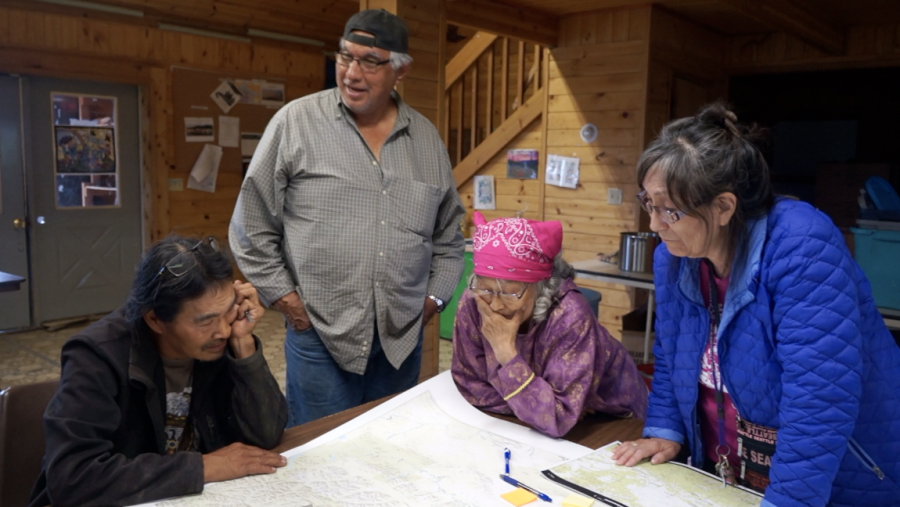Cultural Survival and the National Alliance to Save Native Languages partnered last week with the National Congress of American Indians (NCAI) to pass an NCAI Resolution declaring Native languages in the U.S. in a state of emergency, and to express support for a proposed presidential executive order on Native language revitalization.
The resolution notes the latest UNESCO data on Native languages in the U.S.—among 139 remaining Native languages, all are endangered, with 70 on the verge of extinction within the next 5 years—and calls for an executive order mandating concerted inter-agency federal coordination to realize the unfulfilled potential of the 1990 Native American Languages Act, and to address impediments to contemporary Native language immersion programs and schools like those imposed by the No Child Left Behind Act. Resolution ABQ-10-021 was passed unanimously by NCAI’s Subcommittee on Human, Religious, and Cultural Concerns, and forwarded through the Litigation and Governance Committee for adoption by the General Assembly on November 19th.
Developed by the National Alliance to Save Native Languages throughout 2009 in consultation with over a dozen organizations including 'Aha Pūnana Leo, Cultural Survival, Indigenous Language Institute, National Indian Education Association, and Sealaska Heritage Institute, the executive order was presented to the Obama administration for consideration in late February 2010.
NCAI’s annual convention provides a forum for hundreds of state- and federally-recognized tribal nations (as well as individual tribal citizens and non-profit organizations)to coordinate national policy statements and approaches to the nation-to-nation relationships maintained by American Indian tribal governments with the U.S. government. To read more about the 116 resolutions considered during last week's convention, inlcuding the National Indian Education Assocation's resolution to support Indigenous language and culture based assessment and research visit NCAI online.



